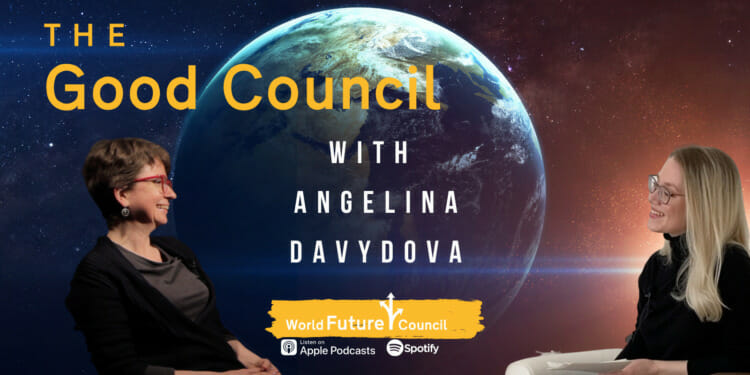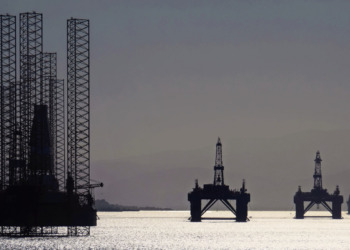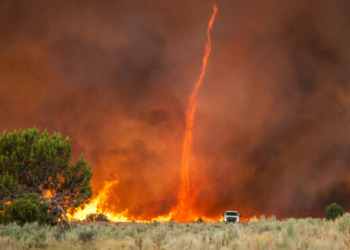This is the third article in the series “The Good Council”, based on the podcast from the World Future Council. It gives a behind-the-scenes look at the organization’s trajectory, from revolutionary idea to reality, and offers insights on its current agenda. The Good Council podcast provides inspiration, laughter, and food for thought through intergenerational dialogue between its founders, senior councillors, and young entrepreneurs and activists from around the globe.
In this episode of The Good Council, we are hearing from Angelina Davydova, an expert in Russian environmental policy with more than 20 years of experience in international media, think-tanks and academia. She’s a facilitator and people connector. Today we trace back her journey from a city with a name that no longer exists, to her adventures as a Russian journalist navigating the international media landscape.
 Annika: If someone wrote a biography about you, what would it say who you are?
Annika: If someone wrote a biography about you, what would it say who you are?
Angelina: I come from St. Petersburg, Russia, which was called Leningrad at the time that I was born. And I like making this joke saying that I was born in a city which does not exist anymore. I studied economics. But then I worked many years in journalism. But other than that, around 12 years ago, I discovered the topics of climate change and sustainable development and environmental cooperation. And I felt like those were very important topics for me personally, but also for the world, on a global scale. And when I get really interested in something, I just go and explore the field.
A: How do you work and how can also the World Future Council help you amplify your work and achieve your goals?
Angelina: I like learning about what other members are doing. So in a way, a lot of exchange, a lot of cooperation, very particular, educational and public awareness projects that we can do together. I’m always happy to speak at the World Future Council events and share my expertise and my knowledge of the areas and the region where I’m from. So I look forward to many forms of engagement. And I believe, right now, with the times when most of life and activities are online, we kind of have to rethink about what international cooperation is in these difficult times.
A: What is it that you hope to achieve with the work that you do?
Angelina: I would say I don’t always have very particular goals. And this is probably one of the specifics of living in our modern times in Russia. Planning exists, but it almost never comes to life. I’m also trying to learn something new, meet new people, develop more profound and more mutually interesting, exciting and beneficial working companionships with people and organizations. I would also say not only me but also a number of people who are part of the climate circles, as we say, in Russia, we really, we put that agenda forward. Now climate is an important issue. Everyone talks about it. There’s something like a very tiny percentage that I’ve contributed to that factor, by writing about it, by giving public lectures, by talking to people, by bringing all these people together and facilitating a conversation between them.
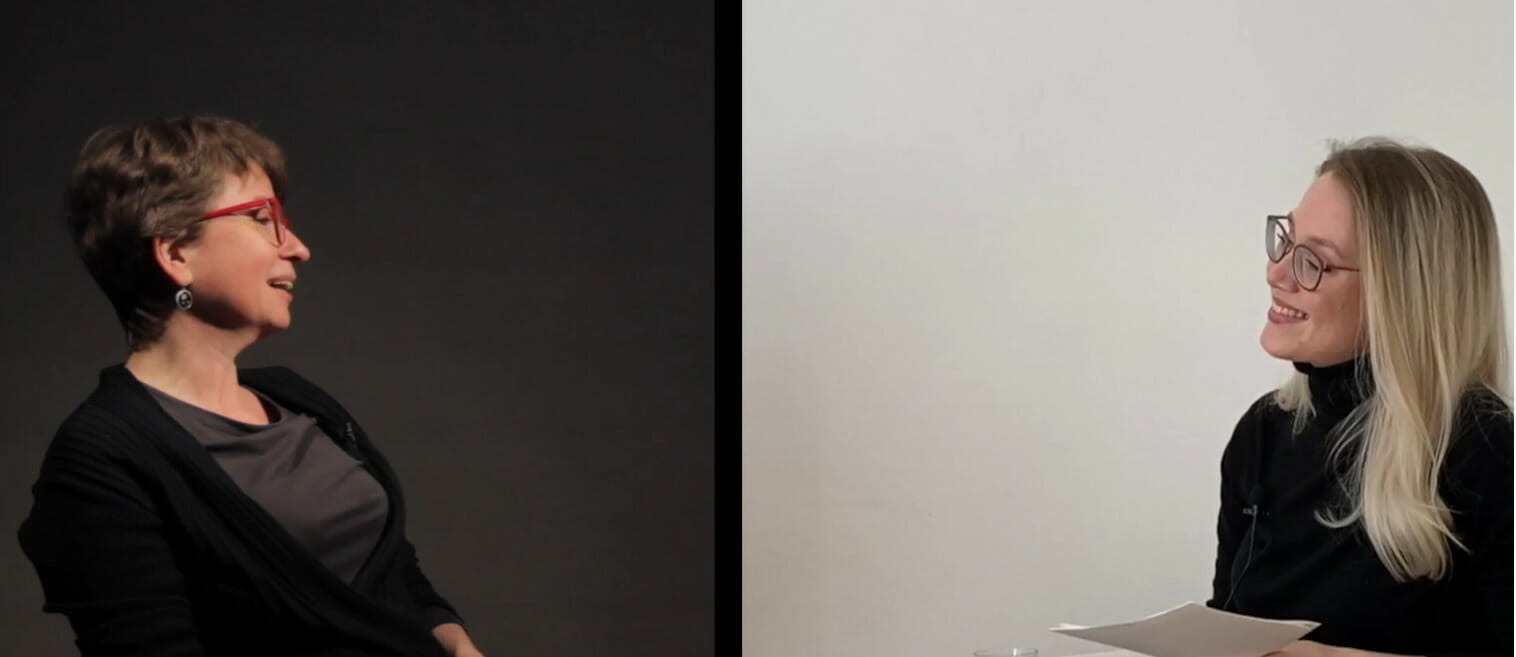
A: Russia, your home country. Can I ask you what role does Russia see itself as having in terms of climate protection?
Angelina: I guess I’m not authorised to speak on behalf of Russia because I’m not a public official, I can just mention how I perceive it. It’s mostly local environmental issues that people are interested in, like air quality, water quality, green urban areas, waste management. Climate change is gradually becoming a more important issue.
On the political level, Russia is acknowledging that there is climate change. The politicians acknowledge that there are risks, resulting for Russia from negative impacts of climate change and something needs to be done. Russia is also more and more realizing that its economy is very much dependent on fossil fuels extraction and exports. So, decarbonisation efforts of other countries will certainly influence Russia’s economy in its current structure.
However, on the other side, discussions about mitigation issues, what is it actually that we can do, how we can truly decarbonise our economy, give a push to renewable energy, those kinds of discussions are getting much less attention, and there are many hurdles to pursuing mitigation on various levels—financial bureaucratic, administrative, but also pressure from various lobby groups.
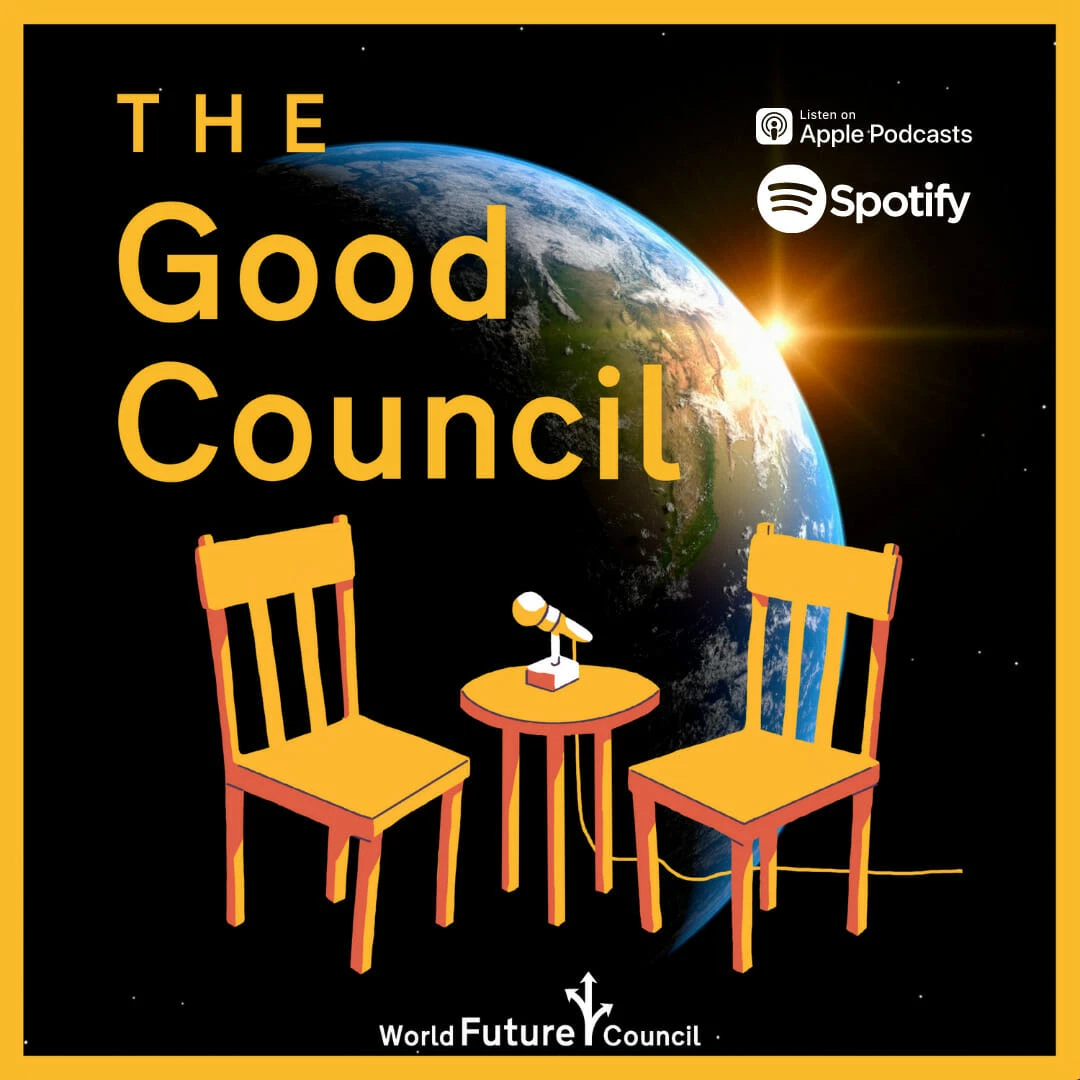
A: Isn’t it frustrating to have this realization, perhaps at some point, that some things will not even change in one’s lifetime?
Angelina: I can’t change tomorrow, so I will just speak about today— The world is not easy, and the world is not linear. And the world is not just black and white, the world is complicated and interconnected. So in a way, I’m just trying to accept it the way it is, and just see what it is that I can do, and not to worry about things that I don’t have any impact on. But then I feel like it’s important for me not to go too deeply emotionally into that, and just see where that area is that I can bring the best of me and do that there.
A: What would be your advice for just fellow human beings, who may just feel a little bit overwhelmed by the challenges of our time?
Angelina: I’m usually very cautious in giving advice because I feel like everyone is so special and everyone has very different living conditions. But I still feel like it’s important to take care of yourself in the first place. And make sure you have enough energy and enough resources. It’s also important to develop various relationships with people around you, partnerships, work-related relations, friendships, family relations, many kinds of relations. Because I know from my experience, working with people and engaging in networks is the crucial thing that we have in life.
Editor’s Note: The opinions expressed here by Impakter.com contributors are their own, not those of Impakter.com. — In the Featured Photo: Angelina Davydova in conversation with The Good Council’s Annika Weis. Photo credit: Annika Weis


